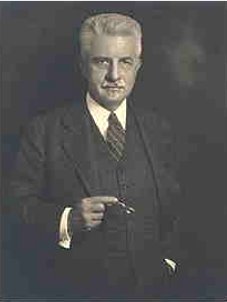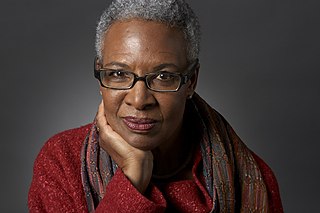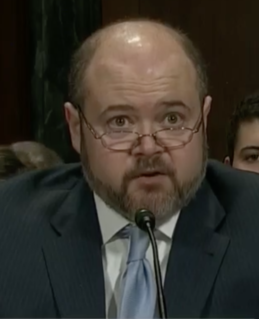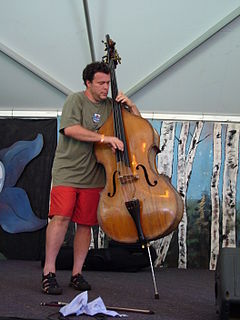A Quote by John Cage
If this word "music" is sacred and reserved for eighteenth and nineteenth century instruments, we can substitute a more meaningful term: organization of sound.
Related Quotes
Given that the nineteenth century was the century of Socialism, of Liberalism, and of Democracy, it does not necessarily follow that the twentieth century must also be a century of Socialism, Liberalism and Democracy: political doctrines pass, but humanity remains, and it may rather be expected that this will be a century of authority ... a century of Fascism. For if the nineteenth century was a century of individualism it may be expected that this will be the century of collectivism and hence the century of the State.
One of the major changes in attitude that occurred in the world of art as we moved from the nineteenth into the twentieth century was that the twentieth century artist became more involved with personal expression than with celebrating exclusively the values of the society or the church. Along with this change came a broader acceptance of the belief that the artist can invent a reality that is more meaningful than the one that is literally given to the eye. I subscribe enthusiastically to this.
In the eighteenth century it was often convenient to regard man as a clockwork automaton. In the nineteenth century, with Newtonian physics pretty well assimilated and a lot of work in thermodynamics going on, man was looked on as a heat engine, about 40 per cent efficient. Now in the twentieth century, with nuclear and subatomic physics a going thing, man had become something which absorbs X-rays, gamma rays and neutrons.
What makes 'The Marriage of Souls' such a wonderful book is Collins's intricate reconstruction of the late eighteenth-century world. Simplicity and philosophy are the hallmarks of eighteenth-century art and architecture. The classically pure lines look deceptively simple and unburdened by heavy symbolism or imagery.
In the supposedly enlightened eighteenth and nineteenth centuries, parental indifference, child neglect, and raw cruelty appearedamong Europeans of all classes.... In mid-nineteenth- century France, families abandoned their children at the rate of thirty-three thousand a year.... It took sixty years after the criminalization of cruelty to animals for cruelty to children to be made punishable under English law.... Industrialized America added brutalizing child labor to the oppressions of the young.
Percussion music is revolution. Sound and rhythm have too long been submissive to the restrictions of nineteenth century music. Today we are fighting for their emancipation. Tomorrow, with electronic music in our ears, we will hear freedom. At the present stage of revolution, a healthy lawlessness is warranted. Experiment must necessarily be carried on by hitting anything-tin pans, rice bowls, iron pipes-anything we can lay our hands on. Not only hitting, but rubbing, scraping, making sound in every possible way...What we can't do ourselves will be done by machines which we will invent.
If you look at the early nineteenth century you see the idea that we educate children to be voters and to be participants in our popular democracy. And then at the turn of the century when more and more immigrants are coming into the schools, Americanization becomes a more explicit part of the agenda.
Most of the music I've become interested in is hybrid in its originsClassical music, of course, is unbelievably hybrid. Jazz is an obvious amalgam. Bluegrass comes from eighteenth-century Scottish and Irish folk music that made contact with the blues. By exploring music, you're exploring everything.








































